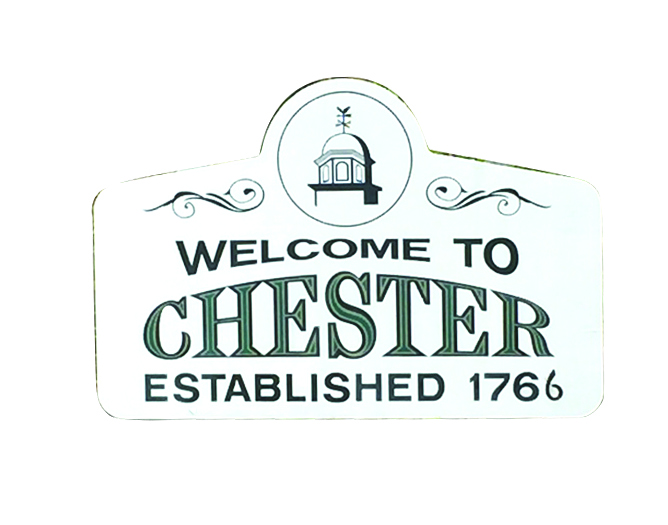CHESTER, Vt. – The Chester Selectboard met on Wednesday, Jan. 17, with most of the meeting taken up by continued discussion of the town’s short-term rental (STR) ordinance.

Prior to taking up the STR discussion, town manager Julie Hance informed the board that, earlier that day, the town had received a letter from the lawyer representing Julian Brothers LLC, owners of a controversial quarry in the town, withdrawing their conditional use application for the quarry. Hance read the letter to the board, which stated that, “Much of what was originally proposed is no longer part of the plans,” and that the company has “heard and considered the comments of neighbors, which has caused it to rethink how it wishes to operate.” This met with confusion and skepticism from the board, though at this time no further information was available.
The board then moved on to its STR discussion. Chester is still in the midst of a moratorium on new STRs, and the board is working to determine what amendments, if any, it would like to make to the current ordinance, which requires registration and the payment of a registration fee.
Town planner and zoning administrator Preston Bristow laid out for the board a number of options for them to consider, which he said was based on his research of what ordinances towns across Vermont and the country have enacted. Some of these options the board had previously considered, while others were novel. Bristow also noted that Chester had signed a contract with a new STR data-provider, Rentalscape, having allowed their contract with previous provider Granicus to lapse. The new contract would cost $6,500 for one year, and Rentalscape would provide data collection and 24/7 complaint hotline services. Chester would continue to process renewals of STR registrations in-house, which they had been forced to do previously, as Granicus had not made good on their commitment to do this for the town. Bristow explained that processing renewals manually was not a major inconvenience for Chester, which currently has fewer than 60 STRs, compared to other towns with much higher numbers of STR units.
During discussion, the board made clear that their primary concern is with “unhosted” STRs – those which do not have an owner or associated caretaker present while guests are staying in the rental. Hosted STRs were largely exempt from any of the proposed further regulations.
After significant back and forth, the board decided not to pursue the possibility of a residency requirement, which would have effectively banned unhosted STRs, or of a conditional use review. The latter option was rejected based on the fact that it is tied to the property itself, not the owner, and is therefore difficult or impossible to revoke, even if the property changes hands.
While the board did not make any concrete decisions at this meeting, they did ask for more data on several possible options, which were a waiting period after purchase to register an unhosted STR, a cap on total STRs in the town, a density limit, a limit on number of STRs per owner, a ban on corporate STR ownership, and an increase in the fee to register an unhosted STR.
Several of these options generated some discussion, in particular the density limit. The board considered whether or not the density limit should be enacted on a per-zone basis, with different limits for the residential and rural zones, as well as whether the measurements for density would be from the home or from the property line. Planning Commission Chair Hugh Quinn noted that, while most of the homes in the rural zone are spread out, “There are what I would consider ‘neighborhoods’ in the rural areas.” Quinn said he lives in such a neighborhood, with four houses grouped close together, half of which are now STRs. The board determined to factor this into their consideration of the density limit regulations.
The Chester Selectboard will hold their next regularly scheduled meeting on Wednesday, Feb. 7, at 6:30 p.m., in the Chester Town Hall.